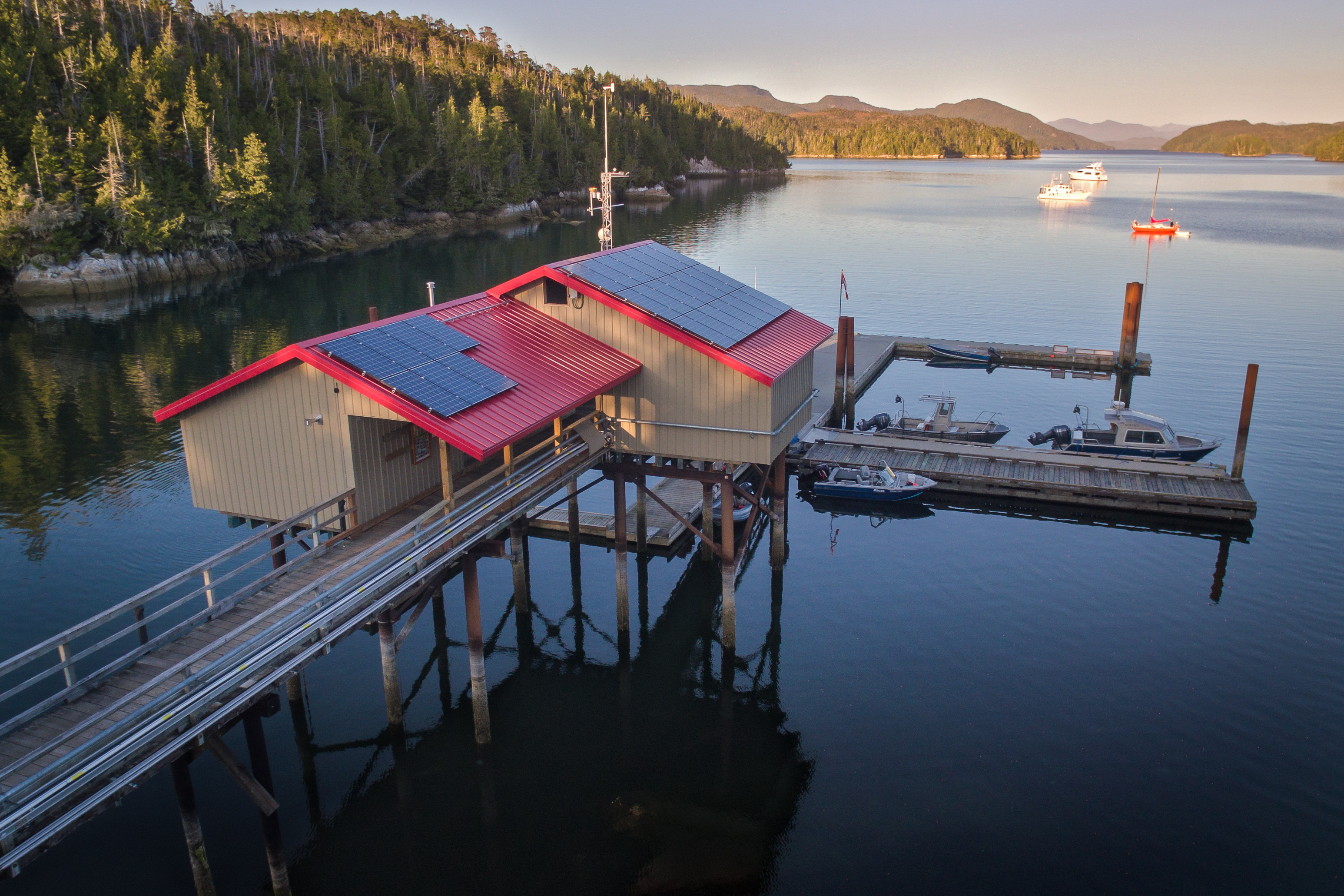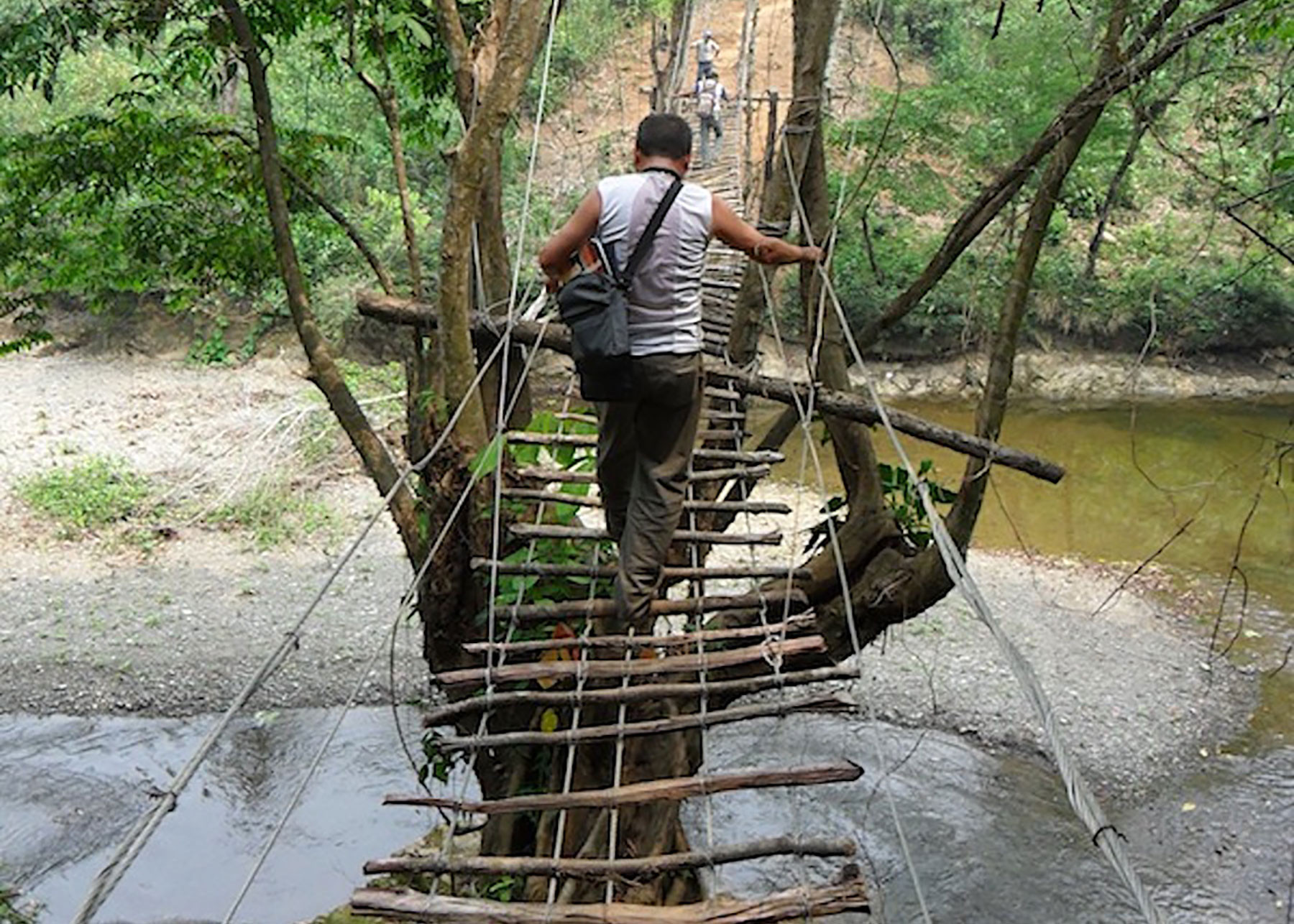
Eric Peterson and Christina Munck are the co-founders and directors of Tula. Eric was born and raised on Vancouver Island, Christina in the south of England. The two met in England in 1976 when Eric arrived to start a PhD and Christina was a technician in the laboratory. They have worked together ever since, moving to Canada in 1982, first to Montreal where Eric was a faculty member at McGill University, and subsequently to near Waterloo, Ontario to join the tech boom of the late 1980’s and 1990’s.
Eric and Christina established Tula at the end of 2001 and moved to BC a couple of years later. The endowment for Tula came from the sale of Mitra, a company Eric started about a decade earlier. Mitra was in the vanguard of the wave of change that took hospitals from light boxes and stacks of X-ray film to computer workstations, digital archives and electronic health records. The Mitra ethos, which married entrepreneurship and technology to a strong commitment to a social purpose, has carried forward into Tula. Learn more about our founders.
